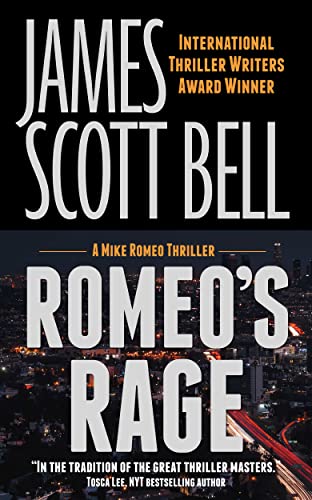
The dregs of dreams were all of childhood, and in the morning mirror I looked at the raw, gaunt, knobbly stranger, at the weals and the pits and the white tracks of scar tissue across the deepwater brown of the leathery useful body, and marveled that childhood should turn into this—into the pale-eyed, scruff-headed, bony stranger who looked so lazily competent, yet, on the inside, felt such frequent waves of Weltschmerz, of lingering nostalgia for the lives he had never lived.
Another deal on a Travis McGee e-novel by John D. MacDonald pops up, and it is for me but the work of a moment to seize on it and make it my own. This one is Dress Her in Indigo, one of the most memorable installments, I think, in that memorable hard-boiled series. It poses certain challenges for me in reviewing it in this space. This is one of the books, in a series where sex is not infrequent, in which sex is particularly central. The book is an interesting artifact in that it arises from that moment in social history when the Swingin’ Sixties were morphing into the Hippie Era, and will be useful to future historians, if only as an expression of its time.
In general, Travis McGee, “salvage specialist,” makes his living finding lost money and property for people. But this job is different. His best friend, the ursine, affable economist known only as Meyer, asks him to help him do a favor for another friend.
T. Harlan Bowie is an investment counselor who grew very rich almost inadvertently, and is now confined to a wheelchair. His wife died not long ago, leaving him with an adult daughter he barely knew. The girl, “Bix,” was extremely beautiful and a very lost soul. A while back she headed off to Mexico with some friends in a camper, and now word has come that she died in an auto accident on a mountain road. All T. Harlan wants is to find out is what her life was like down there. Was she happy? Did she have good friends?
McGee has a bad feeling about this job from the outset, but he and Meyer set out for Oaxaca, her last known address. What they discover leaves them wondering whether they should just lie to the old man. Because Bix’s circle of friends were not nice people at all. They were involved in drug dealing and drug smuggling, and some pretty kinky sex games too. And murder, in the end.
But wait, it gets worse. The big secret is yet to be discovered, and when it is, McGee will be faced with one of the most difficult moral decisions he’ll ever have to make.
But back to the sex. Travis McGee is very far from being a role model, especially for the Christian reader. And one of the most interesting aspects of this book is a stark – comic in places – contrast that’s set up between his experiences in the sack (well-written without being explicit) with one woman who is extremely seductive and experienced, and another woman who is relatively innocent (at least by comparison). Spoiler alert: the innocent one comes out way ahead. If one were to think this out to the end, it might lead to possible arguments for lifetime monogamy, but of course no such argument is made here. Let the reader understand.
Anyway, Dress Her in Indigo is one of MacDonald’s best. Recommended, with cautions as noted above.







